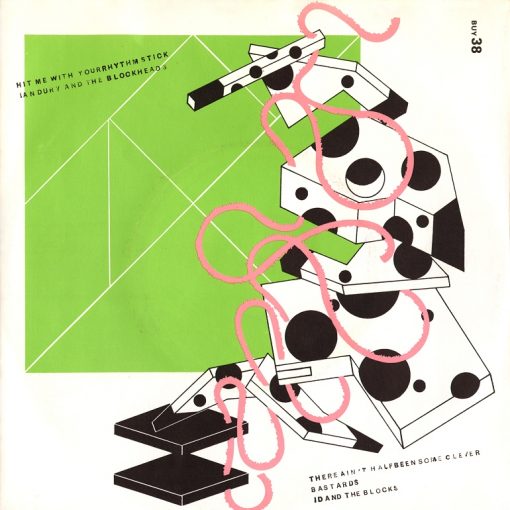TED and TEDx events are well known for their inspiring speakers with incredible ideas, quality of presentation, and calibre of the people chosen. We got tons of applications to speak. Lots of great ideas coming from really intelligent people. How are we managing it all? EM
At first glance, it seems an easy task — just find the best ideas. Be good. Simple. But 3 problems naturally arise:
- What if someone has a great idea inside them, and you have to discover it? How do you develop each speaker, help them hone their idea and not mistakenly toss the wrong person out of the pool?
- How do you balance great ideas (with potentially poor presentation) with ok ideas that are communicated extremely well? Which one wins?
- How much information about a talk is the “right” amount to get before you can accurately judge whether it’s good or not?
We talked to other TEDx organisers from around the world, past TEDx speakers, and investigated how similar things are done in other industries.
What we learned from other events was a few things:
- Some events ask applicants to send them their completed talk and then make a decision based on that. We didn’t like this approach, as we felt it was unfair to speaker applicants to pour hours and hours of work into developing an idea that may not even be appropriate for the event.
- Some events ask for very little (a few hundred words describing the basic idea) then make their selection based on that. The downside of this approach is the lack of information — what if you cut a speaker that would have a great idea if it were only thought through some more, and what if that speaker had amazing delivery but this didn’t come across in the little information you got up front?
- The more speakers prepare, the better their talk ends up being. This was confirmed over and over again by many organisers. So, we wanted to communicate what a good level of preparation was to our speaker applicants so we could give them all the best shot at delivering their best talk on the TED stage.
In the end, we decided our problem (getting and developing the best) was much like that faced by hiring managers, sports teams, and theatre groups/bands. So, we stole what they do. We designed a multi-stage application and development process where after each deadline we would receive more information about the speaker’s talk, and after each deadline invite some of those remaining to the next stage. The benefits of this were immediately apparent:
- We could get a little information about each speaker at the start (what their idea was in summary, a bit about their credentials, contact information.
- At each stage we could narrow the pool, which would enable us to spend more and more time with the speakers as we became more sure that their idea was a promising one. As we asked for more detail on the talk, we could then provide input on each iteration if the idea.
- It also meant we eliminated procrastination for the most part — if a speaker wanted to progress to the next round, they had to deliver by that round’s deadline to progress.
Each of our deadlines give our speaker applicants time to develop the next iteration of their talk. The start of this process was June 13th, where we asked interested speakers to fill in an application form where they gave us a few hundred words of detail on them and their proposed idea.
For our next deadline (1st August), we ask for a one-page summary of their talk and proof of speaking/presentation ability, after which we invite those remaining to submit the first draft of their talk. After this step, our speaker team will continue to meet regularly to practice in front of each other, including at our dress rehearsal. Our curation team will also continue to work with each speaker to hone ideas, improve visuals, check references and provide feedback.
So there you have it! Inside the development of a TEDxLeamingtonSpa speaker team.





